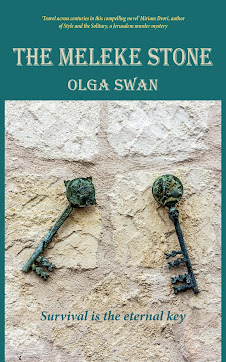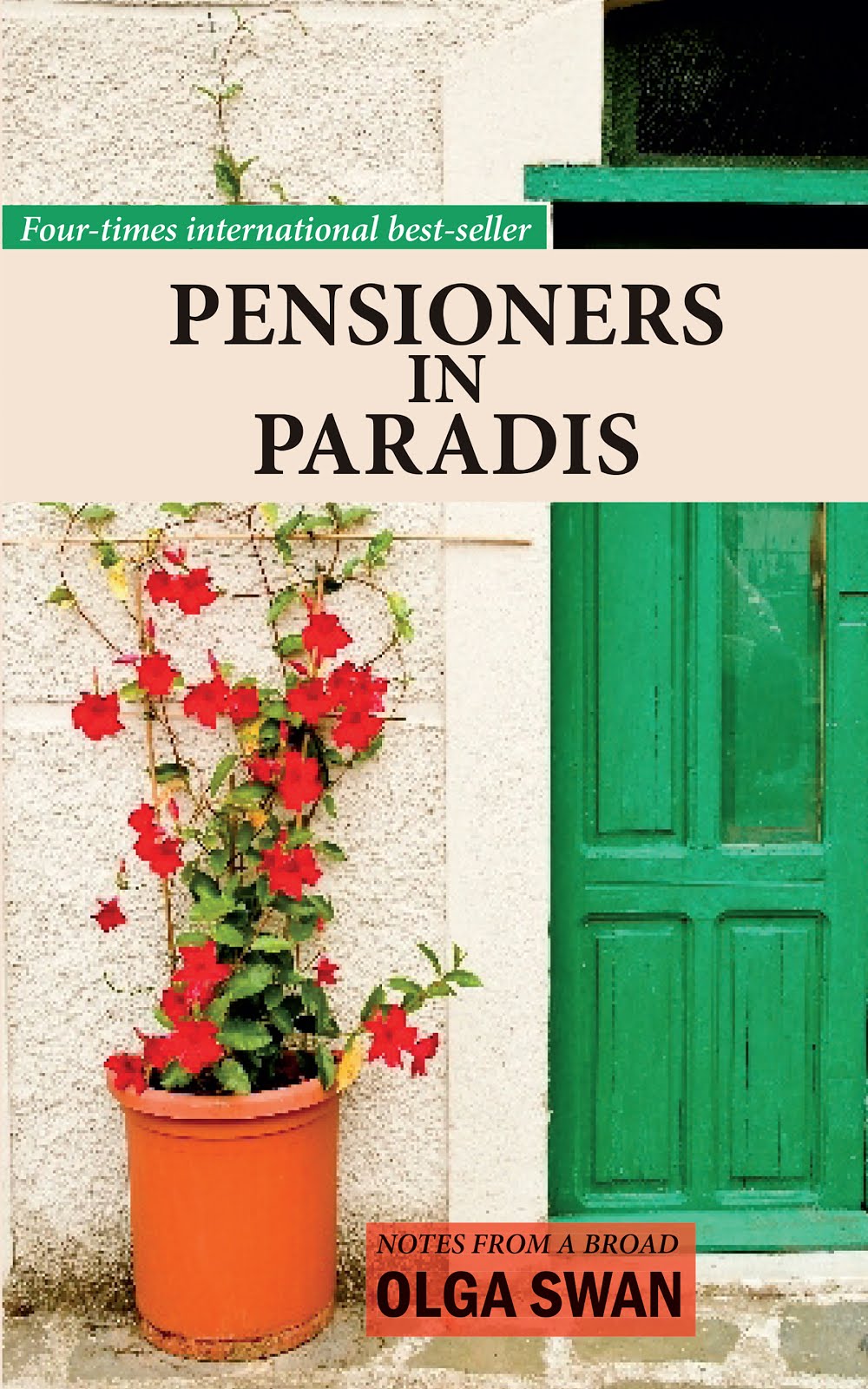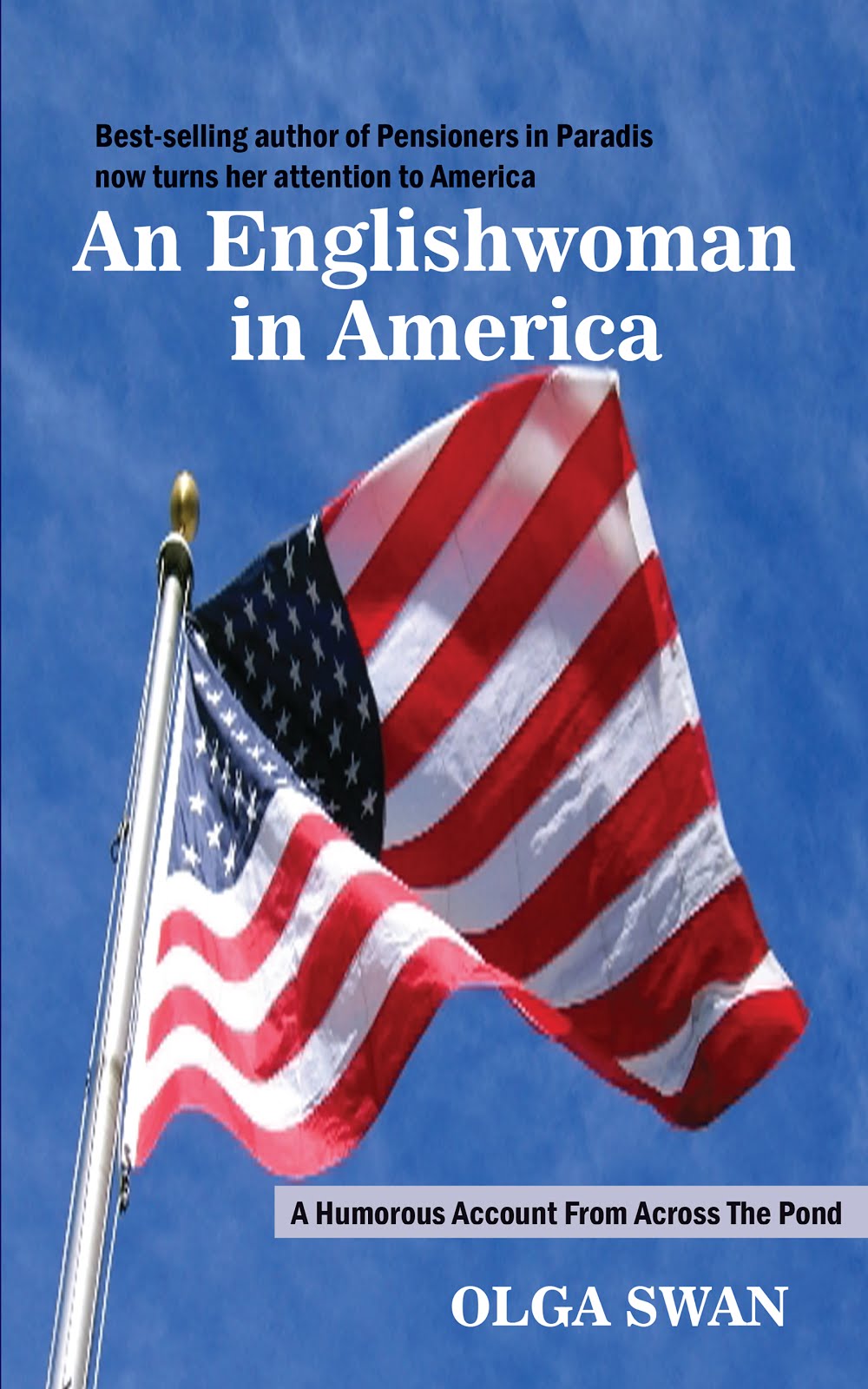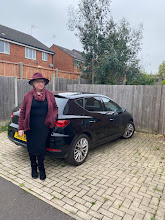I was surprised to hear how much it now costs to renew a passport, and couldn't understand why it's cheaper to renew a British passport in the UK than at the Paris embassy. But, the British Consulate in Paris has warned against using friends and relatives in the UK as a sort of go-between to obtain your passport at the cheaper price. Apparently some have obtained an application form via people in the UK, who then receive the passport and forward it on to you. But the Paris consulate has said 'non'. You should apply for a form via http://www.britishembassy.gov.uk/, print it off, and send the signed form together with attachments (including the exorbitant cost). Paris says that it's dearer there because they don't have the expat resources to deal with such things as the UK does.
The UK rate of £72 (including delivery) compares with 143 euros plus 21 euros delivery for those living abroad. Apparently, the only way to get the cheaper price is for you personally to arrange a pre-appointment, travel to the UK, apply in person there and then be around to sign for it when it arrives at your friend's/relative's house! You must also check whether you 'qualify' for an iris-scan!!
Why does everything need to be so difficult?
'Job's worth, job's worth
It's more than my job's worth,
I don't care, rain or snow,
Whatever you want,
The answer's No!
I can keep you waiting for ever in the queue
And if you don't like it, you know what you can do......'
(courtesy of John Williams).

















